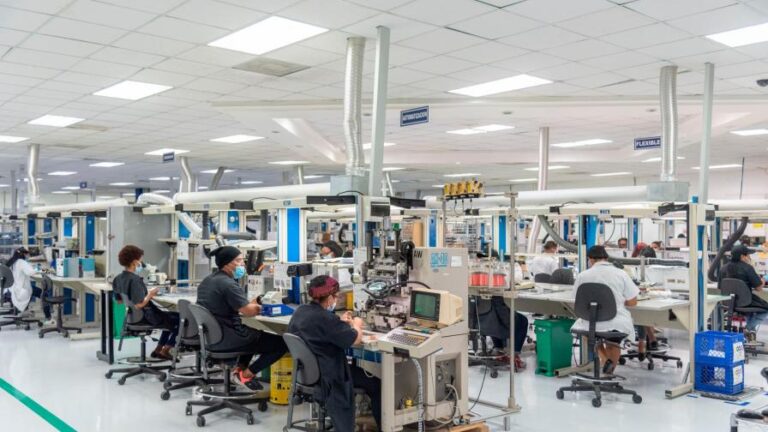
- Challenges and opportunities of the CONFOTUR law.
Recently, I read some statements from the renowned economist and overall great person, Isidoro Santana. While I was waiting for the official version of the fiscal reform project before forming an opinion on it, I felt it was an opportune moment to discuss some ideas regarding a possible modification to Law No. 158-01 of October 9, 2001, concerning the Promotion of Touristic Development, better known as the “CONFOTUR Law.”
I believe, and I’ve expressed this to clients and friends who are concerned about an amendment to the law and have wanted to start a discussion on the topic, the following:
- The law dates back to 2001, with its last amendment made in December 2013. The government has the authority to review whether the letter and spirit of the law align with the public policies that the Abinader administration will promote over the next four years.
- Law 158-01 aimed to promote “poles of limited development and new poles in provinces and localities with great potential.” It excluded the National District and the province of Puerto Plata, arguing that they had been major beneficiaries of the fiscal incentives provided in Law 153 of 1971, which were repealed in 1992.
- The December 2013 amendment extended tax incentives nationwide, increased the tax exemption period from 10 to 15 years, and importantly, stipulated that hotel facilities, resorts, or hotel complexes located in existing structures that are at least fifteen (15) years old and undergo reconstruction or remodeling exceeding fifty percent (50%) of their facilities, destined for hotel installations, would benefit from a one hundred percent (100%) exemption regime, according to Article 4 of the law.
- It goes without saying that the law has greatly benefited the Dominican Republic by fostering the construction of hotel infrastructure and complementary tourist offerings for the 21st century, positioning the country at the forefront in generating foreign direct investment, jobs, and foreign exchange in Latin America, not just in Central America and the Caribbean.
- Tourism has been our leading export product without incurring additional associated costs, representing 13.8% of GDP in 2023, according to the WTTC based in London. It has bolstered the country’s competitiveness as a global tourist destination.
- Moreover, it has facilitated the development of new poles as originally envisioned by the law, with Miches being a prime example, set to have 2,500 hotel rooms in the next 24 months, generating over 17,000 direct jobs and significant foreign exchange for an impoverished population. The involvement of brands like Marriott, Hilton, and Four Seasons ensures Miches will have international presence.
According to economist Santana’s main comment, “tourism needs a state that guarantees security, infrastructure, and adequate conditions to receive visitors.” This holds true today as much as it did in 2001. Without these, there is no tourism here or anywhere. Yet, tourism isn’t sustained solely by these factors. It was precisely the marked absence of these factors that led to the enactment of Law 158-01. The private sector had to fill these gaps with its investments, in most cases and for many years.
Now that we have had governments that understand the benefits of the tourism industry and have invested in it, achieving such successful results during and post-pandemic, the tourism sector, due to its linkages with other sectors, has driven the national economy. The question is: Why change a successful model of growth and progress, emulated by our peers in at least eight countries? Who changes what’s good when something better looms? Returning to my initial proposal, what will be the public policies for the tourism sector that the Abinader administration will promote over the next four years?
I conclude with these thoughts:
- Law 158-01 does not require many modifications, except for precise management to exclude projects not covered by the legislation, such as purely real estate ventures without hotel components or complementary tourist offerings. These do not require incentives, especially not for 15 years. Nor do airports need them, or projects that already received fifteen years of incentives with dismal results but are repackaged and presented anew.
- Without fiscal incentives, private sector investment in tourism projects like Pedernales and Bergantín will be very difficult, despite the state providing their basic infrastructure. Money tends to flow where risks are lower and chances of success higher.
- Digital accommodation platforms have brought “new investors” to the tourism sector in our country, unregulated. They do not pay VAT or income tax and operate mostly informally, presumably allowed because they create jobs and foreign exchange. Their benefits to the state are very limited compared to the hotel industry. They frequently cause issues reported in major capitals’ news. In a tax reform, this issue must be addressed to bring them into formal compliance and ensure fair competition.
But I believe I can affirm: This will continue.
Source:


